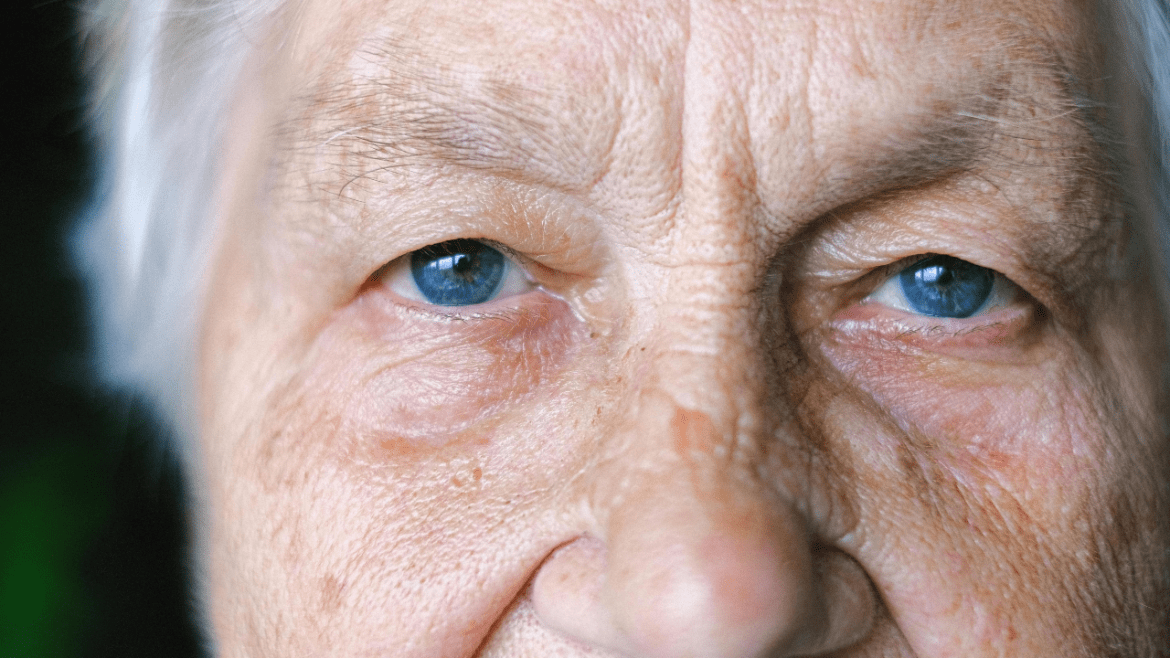Did you know that Leading Edge Senior Care has a Dementia Support Group? We meet monthly in Mesa. For more details <click here>
The Dangers Of Low Blood Sugar For Seniors
Seniors face unique challenges when it comes to managing blood sugar levels. This article explores the dangers associated with low blood sugar in the elderly and offers insights into prevention and management strategies.
The Impact of Low Blood Sugar
Low blood sugar, also known as hypoglycemia, can have serious consequences for seniors. It often occurs due to medications, dietary factors, or underlying health conditions like diabetes. The elderly are particularly vulnerable to hypoglycemia due to changes in metabolism and reduced awareness of symptoms.
Recognizing the Signs
It’s crucial to recognize the signs of low blood sugar in seniors. Symptoms may include confusion, dizziness, sweating, weakness, and even fainting. However, older adults may not always exhibit typical symptoms, making detection challenging.
The Risks and Complications
Untreated low blood sugar can lead to severe complications such as seizures, coma, and in extreme cases, death. Seniors with cognitive impairments or those living alone face increased risks as they may not be able to communicate their symptoms or seek help promptly.
Prevention Strategies
Preventing low blood sugar episodes is paramount for senior health. This involves regular monitoring of blood glucose levels, following a balanced diet with consistent meal timings, and adjusting medication dosages under medical supervision. Caregivers play a crucial role in implementing these strategies and recognizing early warning signs.
Managing Low Blood Sugar
In cases where blood sugar drops, swift action is necessary. Immediate consumption of glucose tablets or sugary foods can help raise blood sugar levels. Seniors should always carry emergency snacks or glucose supplies, especially during physical activity or when traveling.
The Emotional Impact
Beyond the physical risks, low blood sugar can also take a toll on seniors’ emotional well-being. Fear of hypoglycemic episodes may lead to anxiety and reluctance to engage in daily activities. It’s essential to address these concerns and provide support and education to seniors and their caregivers.
Empowering Seniors and Caregivers
Education and awareness are key to managing low blood sugar in seniors. Healthcare professionals should educate older adults and their caregivers about the importance of regular monitoring, lifestyle modifications, and emergency response protocols. Empowering seniors with knowledge and resources can significantly improve their quality of life.
Conclusion
The dangers of low blood sugar for seniors highlight the need for proactive management and support systems. By understanding the risks, recognizing symptoms, and implementing preventive measures, seniors can lead healthier and more independent lives.
Caregivers and healthcare providers play vital roles in safeguarding senior health and well-being in the face of this critical issue.

